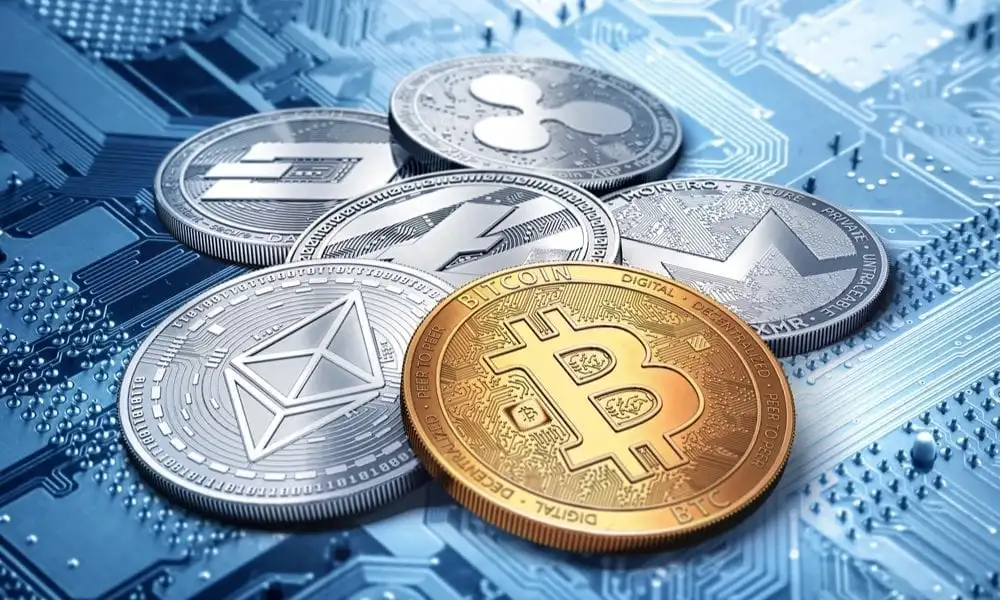The idea of Bitcoin, a distributed digital currency, perhaps becoming the reserve currency of the United States is a fascinating yet complicated one that has made its way into the most recent crypto news. Introduced in 2009, Bitcoin runs on a technology known as blockchain, which guarantees security and openness by means of a distributed ledger system. Unlike conventional fiat currencies governed by central banks, Bitcoin’s supply is limited to 21 million coins, a quality supporters say qualifies it as a hedge against inflation. The concept of the US, the largest economy in the world, using Bitcoin as its reserve currency ignites great controversy regarding national sovereignty, economic stability, and the future of world finance, as discussed in the latest crypto news.
Decentralization and Sovereignty
Its decentralized character is one of the main justifications for Bitcoin as a reserve currency. Unlike the US dollar, which is affected by the monetary policy choices of the Federal Reserve and the US government, Bitcoin exists outside the power of any one organization. This might protect the US from the impact of other countries’ monetary policies, therefore giving it a degree of financial sovereignty. Moreover, the small supply of Bitcoin could help to offset the inflationary consequences central banks’ expansionary monetary policies could cause.
Issues of Scalability and Volatility
Though it may be advantageous, Bitcoin has major problems as a reserve currency. Its price swings are a big worry. Should Bitcoin become the main reserve asset, its value might fluctuate quickly and erratically, which would destabilize the US economy. Furthermore, there has been discussion on the scalability of the Bitcoin network. The Bitcoin blockchain’s capacity for transactions per second is constrained, which may create difficulties for a high-volume economy such as the United States. Recent events in the cryptocurrency sector, as covered in the most recent crypto news, include attempts to increase
Geopolitical Consequences
The use of Bitcoin as a reserve currency would significantly affect geopolitics. It might lower the US’s dependence on the conventional international financial system and lessen the power of other important economic forces. On the other hand, especially in the area of bitcoin technology and infrastructure, it can cause new kinds of geopolitical rivalry as well. Other countries could be reluctant to use a reserve currency not run by a government, hence causing a divided world financial scene, as seen in the latest crypto news. The most recent crypto news often addresses the worldwide regulatory environment around cryptocurrencies, hence stressing the absence of a cohesive worldwide strategy.





